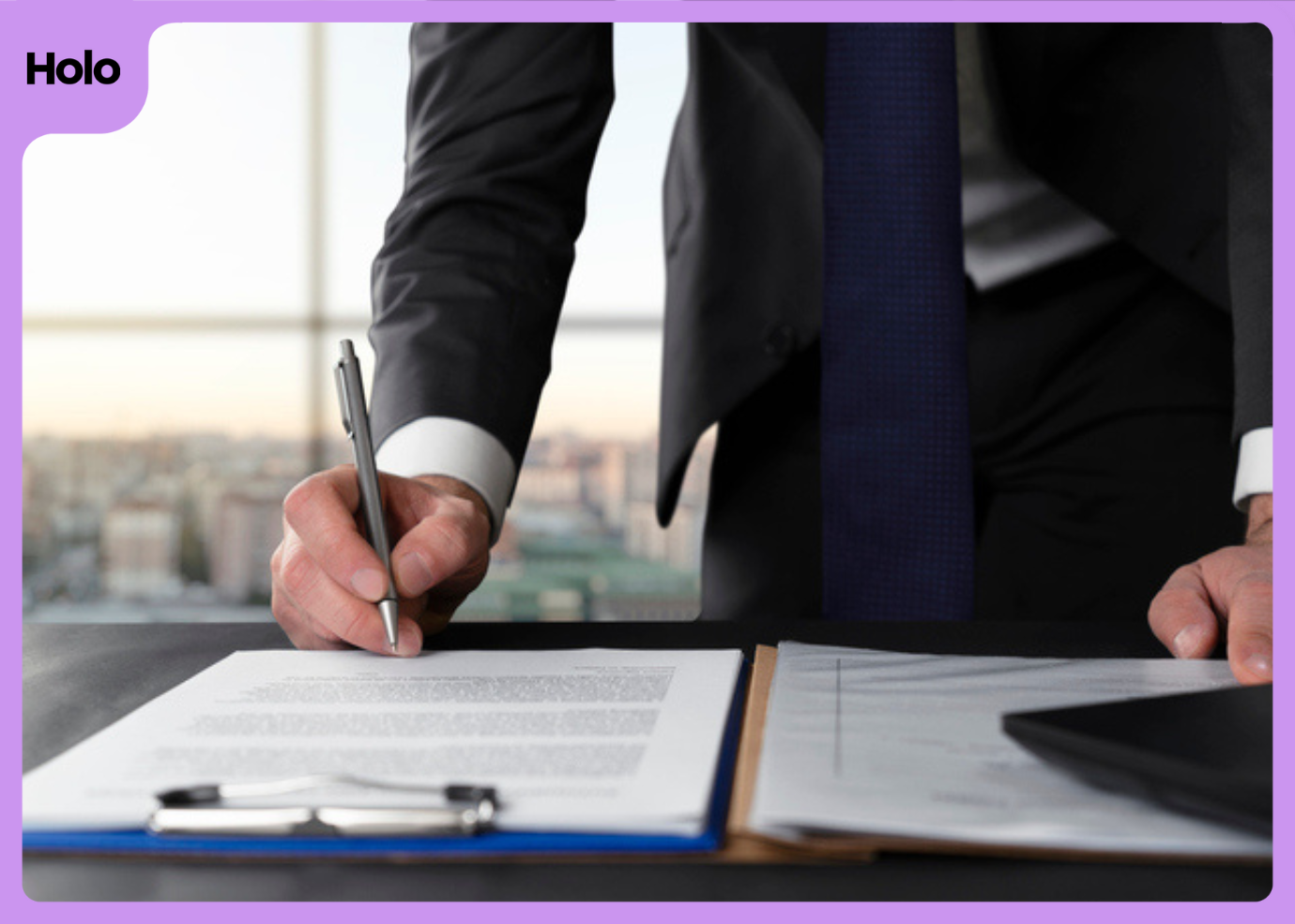

تفكر في شراء منزل؟ نحن هنا لمساعدتك
احصل على نصيحة من خبير اليوم
If you're thinking about buying a property in the UAE and researching mortgage options, chances are you've come across the term EIBOR. Understanding what EIBOR means - and how it can impact your mortgage repayments - is essential for making an informed decision when financing your home.
In this guide, we'll explain what EIBOR is, how it works, and why it matters to homebuyers in the UAE. Whether you're planning to get a fixed-rate or variable mortgage, this article will help you navigate the basics with clarity and confidence.
What Is EIBOR?
EIBOR stands for the Emirates Interbank Offered Rate. It's the interest rate at which banks in the UAE lend money to each other in dirhams (AED). The Central Bank of the UAE publishes this rate daily based on the average rates submitted by a panel of selected local and international banks operating in the country.
EIBOR is often used as a benchmark for various financial products, especially variable-rate mortgages. When your mortgage is linked to EIBOR, the interest rate you pay may rise or fall depending on market conditions.
Key Facts About EIBOR:
- Published daily by the Central Bank of the UAE
- Based on input from leading local and international banks
- Calculated for various tenors (durations)
- Commonly used for pricing mortgages, loans, and other financial products
How Is EIBOR Calculated?
Each business day, the Central Bank asks a panel of banks to submit the rates at which they would lend unsecured funds to other banks. The two highest and two lowest rates are removed, and the remaining rates are averaged to calculate EIBOR for each tenor.
EIBOR Tenors:
| Tenor | Description |
|---|---|
| Overnight | Lending for 1 day |
| 1 week | Lending for 7 days |
| 1 month | Lending for 30 days |
| 3 months | Lending for 90 days |
| 6 months | Lending for 180 days |
| 12 months | Lending for 1 year |
The most commonly used tenor for mortgages is the 3-month EIBOR.
Why EIBOR Matters for Homebuyers
If you're taking out a mortgage in the UAE, it's important to understand that many home loans are structured as variable-rate mortgages linked to EIBOR. This means your interest rate and therefore your monthly payment can change over time.
Here's how it typically works:
- Your bank offers a mortgage rate as EIBOR + a fixed margin
- Example: If the 3-month EIBOR is 3.8% and your bank margin is 2%, your mortgage interest rate would be 5.8%
A higher EIBOR means higher monthly payments. A lower EIBOR means lower payments.
Fixed vs. EIBOR-Based Mortgage Options in the UAE
When choosing a mortgage, buyers usually decide between a fixed-rate mortgage and a variable-rate mortgage based on EIBOR. Let's break down both:
Fixed-Rate Mortgage:
- You pay the same interest rate for a set period (usually 1-5 years)
- Easier to budget since your payments are stable
- After the fixed period, the mortgage often reverts to EIBOR + margin
EIBOR-Based Variable-Rate Mortgage:
- Your rate is linked to EIBOR from day one
- More flexible and sometimes cheaper initially
- Your monthly payments can increase or decrease depending on the market
Which one should you choose?
It depends on your risk tolerance and long-term financial goals. Fixed rates offer predictability. EIBOR-linked rates can save you money if market rates stay low but they also expose you to rate hikes.
Current EIBOR Rates and Where to Find Them
EIBOR rates change daily. If you're looking for a mortgage or currently have one linked to EIBOR, keeping an eye on rate trends is crucial.
You can find up-to-date EIBOR rates on the Central Bank of the UAE website.

*Rates are for illustrative purposes only and subject to change.
Mortgage Budgeting Tips Based on EIBOR
Because EIBOR can change, planning your mortgage based on variable rates requires a bit of forecasting and flexibility.
Budgeting Tips:
- Simulate different EIBOR scenarios: Calculate repayments at EIBOR + your margin using conservative (higher) estimates
- Build in a buffer: Leave room in your monthly budget in case EIBOR increases
- Review your rate regularly: Know when your fixed period ends, and monitor the current EIBOR to prepare for your reversion rate
- Consider refinancing: If EIBOR spikes and your reversion rate becomes too high, refinancing may be an option
- Know your early settlement fees: In the UAE, this is usually capped at 1% of the outstanding balance (up to AED 10,000)
Conclusion
If you're buying a property in the UAE and want to understand your mortgage options, don't overlook EIBOR. It's not just a finance term - it's a factor that can affect your monthly payments for years to come.
Before signing a mortgage offer:
- Ask the lender if it's linked to EIBOR
- Understand the margin they add
- Check the latest EIBOR rate on the Central Bank's website
- Run some numbers to simulate future payments
For personalized guidance, consult a mortgage advisor in UAE who can walk you through the pros and cons of different rate structures based on your situation.
مقالات ذات صلة

Mortgage Registration in Dubai: Process, Requirements And Fees Explained

Buying vs Renting in the UAE: Which One Is Better for You?


